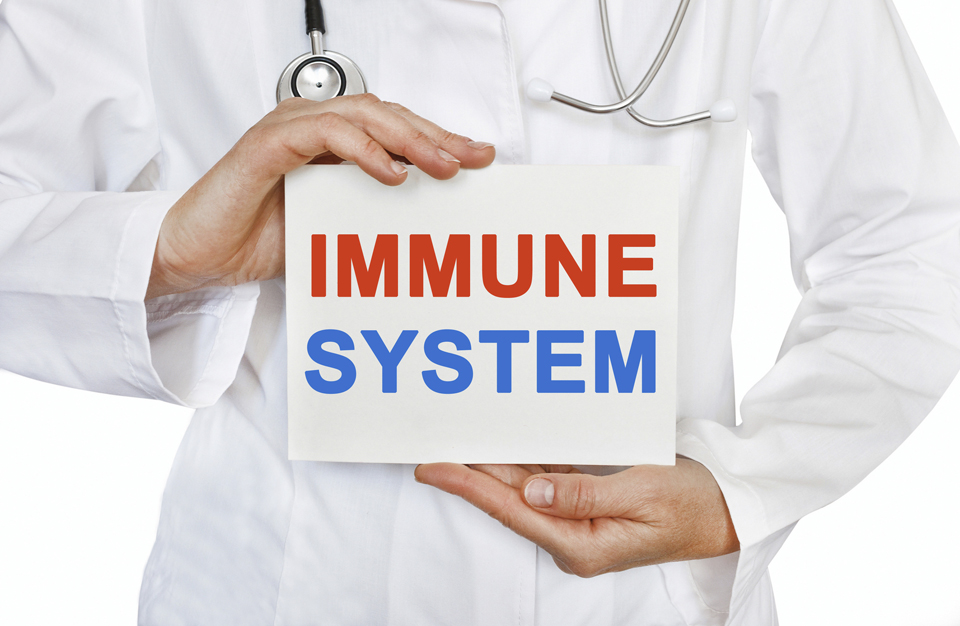What are the advantages and disadvantages of polyclonal and monoclonal?
18 de Novembro de 2019, 20:49 - sem comentários ainda | Ninguém está seguindo este artigo ainda.The B cells secrete antibodies for neutralizing antigens like viruses and bacteria. It is represented by a Y-shaped molecule made of four polypeptides: two light and two heavy chains. The ability of an antibody to bind itself to an antigen has led to its use in a number of medical and life sciences. The antibodies get categorized into two kinds, namely polyclonal and monoclonal, by means of their creation from lymphocytes. Each of these types plays an important role in treatments, diagnostic exams, and immune systems.

Polyclonal antibodies
Polyclonal antibodies are heterogeneous mixtures produced by different B cell clones in the body. They can recognize and bind to many different epitopes of a single antigen.Injecting an immunogenic substance into an animal leads to the production of polyclonal antibodies. After immunizing, these antibodies get obtained straight from the serum or purified to get a solution free from serum. Multi-epitope specificity is what defines the advantages and disadvantages of these two kinds of antibodies.
Advantages
- Quicker to produce (within about three months) and affordable
- Recognition of numerous epitopes leading to high antibody affinity against antigens
- Higher sensitivity when detecting low-quality proteins
- Higher ability towards capturing target proteins
- Easily binding to target antigens due to high antibody affinity
- Easy to use when detecting native proteins
- Easily combining with antibody labels without affecting the binding capacity
Disadvantages
- Varies from one batch to another because of being produced in different animals at different times
- Recognition of multiple epitopes leading to a high probability of cross-reactions
Monoclonal antibodies
Identical B cells that are clones from one parent cell produce monoclonal antibodies. Thus, these antigens have a monovalent affinity, and they can identify only the same epitope of antigens. Live animals do not get used to producing monoclonal antibodies. Ex-vivo tissue culture technique gets used in here. Here are the advantages and disadvantages associated with the production of monoclonal antibodies.
Advantages
- High homogeneity favoring batch to batch reproduction
- Ability to produce high quantities of the same antibody, which is advantageous for therapeutic and diagnostic drug development
- High specificity to one epitope seen in low cross-reaction
- High sensitivity in assays needing the qualification of protein levels
- Lower background noise
Disadvantages
- Expensive because it needs a pool of a number of monoclonal antibodies
- Producing and developing hybridized clone needs more time (at least six months)
- Antibody-antibodies polyclonals and monoclonal have high vulnerability to binding changes when labeled
A number of different immune cells get used in making polyclonal antibodies. They have an affinity for the same antigen but different epitopes. Identical immune cells get used in making monoclonal antibodies, and these are all clones of a particular parent cell.
0sem comentários ainda
Por favor digite as duas palavras abaixo